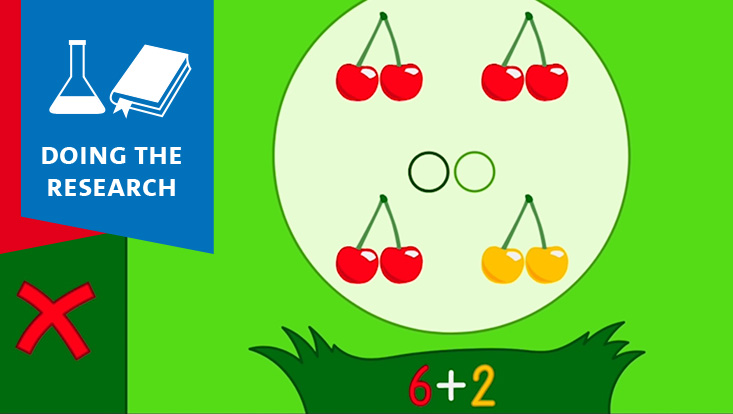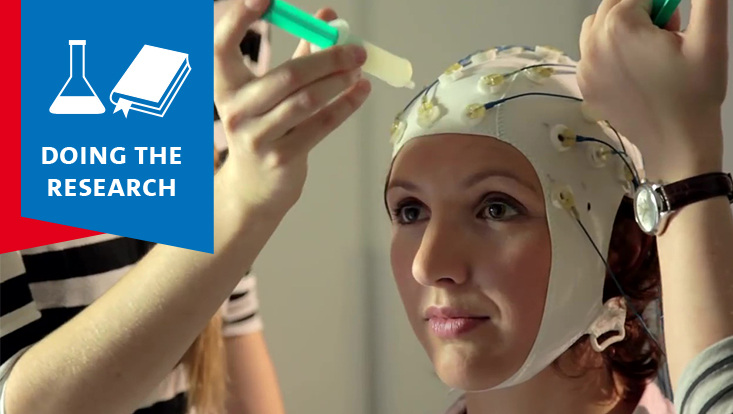Doing the Research series“Different, but completely right in the head”— Research on neurodiversity and attention
6 February 2023, by Anna Priebe

Photo: mathildr
The human central nervous system has about 400 billion nerve connections. Due to genetic syndromes, the ways these manifest can be very different from person to person. In this episode of Doing the Research, educator Prof. Dr. André Zimpel talks about his research on diversity in “neurodiversity,” especially with regard attending to classroom lesson plans.
So-called neurotypical people without any specific neurological syndrome can grasp roughly 4 things at a time in 200 milliseconds—the standard testing interval. Experts speak of “chunks” that could be letters, numbers, or things. “Even the most complicated letters in our alphabet consist of no more than 4 lines, for example, ‘E’ or ‘W’,” according to Zimpel. Our society, like the classroom, is shaped in line with standard ways of perceiving.

“No matter how well you prepare classroom lessons, if you don’t attract attention, it is all in vain.” This is how Prof. André Zimpel summarizes his research. Together with his team, Zimpel studies neurodiversity, meaning changes in the central nervous system that are usually traceable to genetic defects. They often have a direct impact on the way that neurodiverse pupils perceive things.
Neurodiversity changes perception
People on the autism spectrum, for example, often perceive significantly more chunks and grasp differences that are irrelevant for neurotypical people. Children with Trisomy 21, on the other hand, can grasp only 2 chunks at a time, meaning that they perceive only the end of words. “If they are asked to say the word ‘Uni-ver-si-ty,’ they would say ‘si-ty’,” according to Zimpel.
The researchers are developing teaching methods and instruments such as the Mathildr app to help children with Trisomy 21 learn math. These tools take special ways of perceiving into account and can thus significantly increase learning outcomes. “Neurodivergent people are different but completely right in the head,” Zimpel is quick to emphasize. The team’s findings, he explains, could help neurodiverse people learn throughout their lives.
Current podcast episode on research project
In the current episode of the podcast Bildungsschnack produced by the Faculty of Education, Zimpel talks about how research proceeds exactly, the special moments he has had, and how he advocates not only for research on prenatal diagnosis but also on improving the life quality of people affected.
Doing the Research
There are approximately 6200 academics conducting research at 8 faculties at Universität Hamburg. Many students also often apply their newly acquired knowledge to research practice while still completing their studies. The Doing the Research series outlines the broad and diverse range of the research landscape, and provides a more detailed introduction of individual projects. Feel free to send any questions and suggestions to the Newsroom editorial office(newsroom"AT"uni-hamburg.de).


